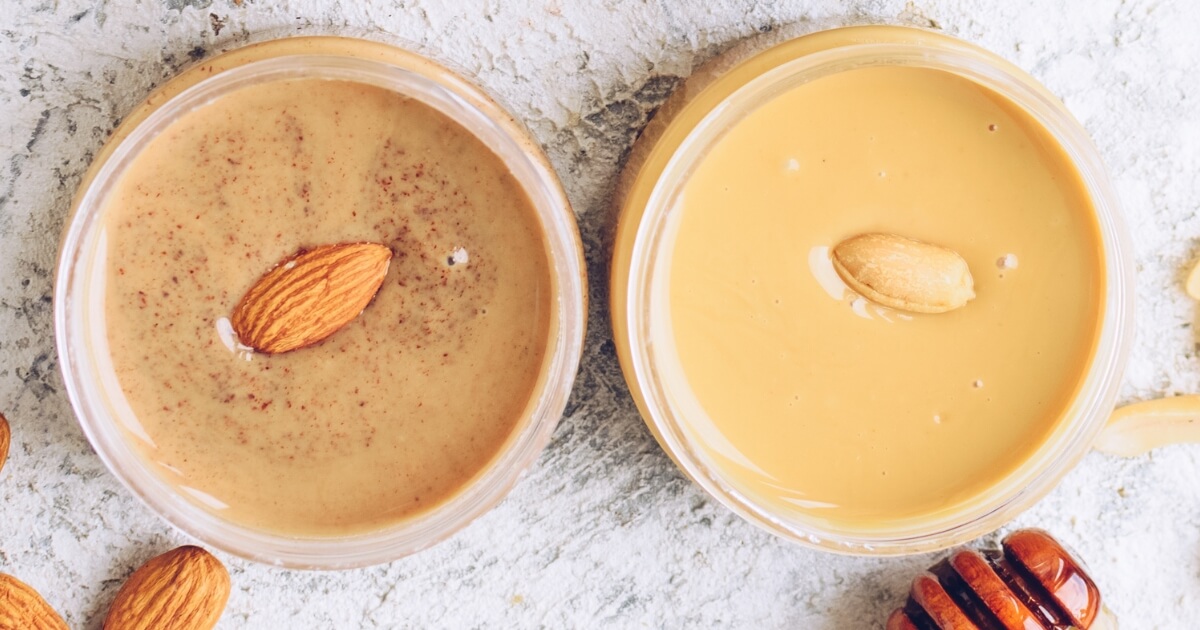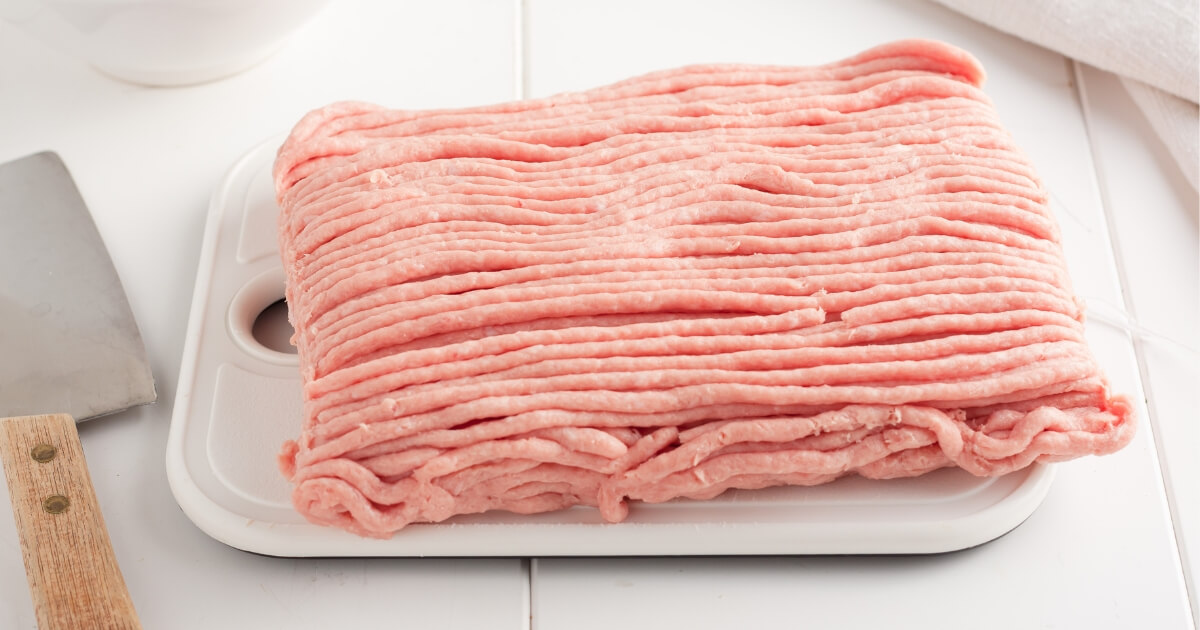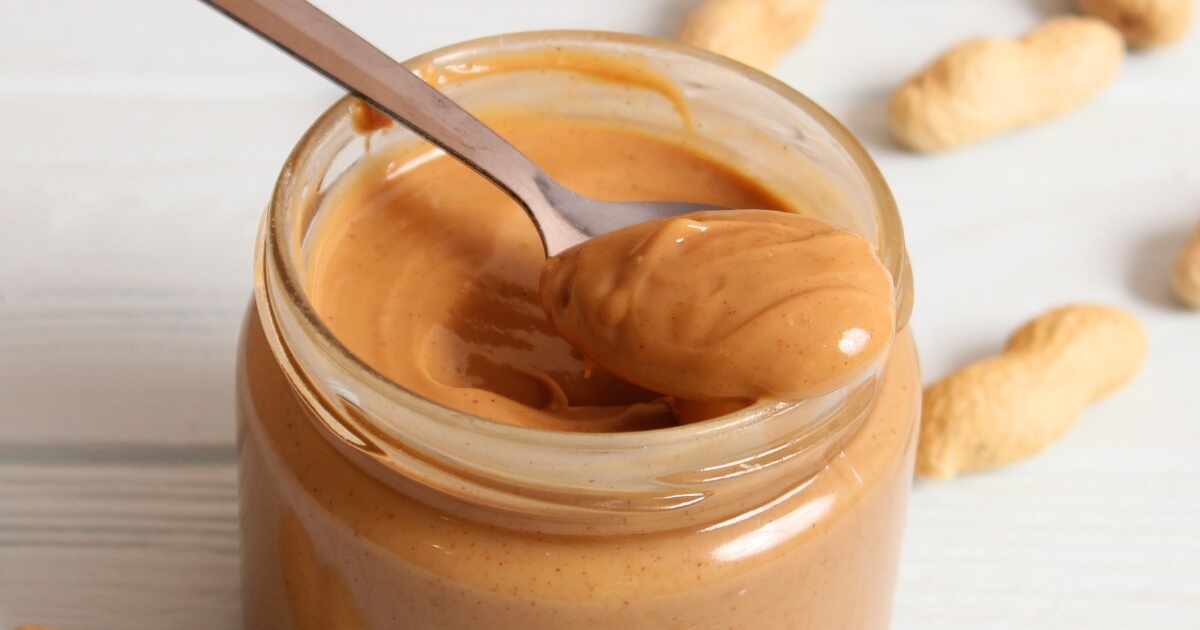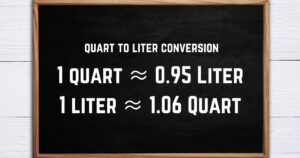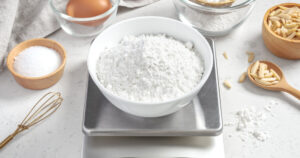We all know that whole lemons can go bad, but is it the same for lemon juice? How about bottled lemon juice and lemonade?
Just like the fruit itself, lemon juice does go bad, whether it’s freshly squeezed or commercially produced. Freshly squeezed lemon juice will only last two or three days when refrigerated, but can be kept for up to six months in your freezer, bearing in mind that over time it will start to lose flavor.
Commercial, bottled lemon juice and lemonade will have varying amounts of preservatives present. Although it doesn’t taste as good as fresh juice, it can last considerably longer if stored correctly.
Lemon Juice Shelf Life
Whole Lemons
Generally, lemons can stay good for up to one week when stored at room temperature. If kept in the fridge, they should last around two to three weeks. You can store lemons in the freezer indefinitely, but they will start to lose some flavor after around three to four months.
Interestingly, once lemons are removed from the tree, they no longer develop, so it’s pointless leaving them out in the counter in the hopes they will ripen – you’ll only end up with shriveled, rotten lemons that have to be thrown out.
Cut Lemons
If you have cut up more lemon than you can use straight away, it will only last the day at room temperature before drying out and starting to go bad. Better to pop the slices into the fridge for two or three days, or store them in the freezer where they can last for two or three months.

Both cut lemons and whole lemons may get a bit mushy when stored in the freezer for long periods.
Fresh Lemon Juice
Freshly squeezed lemon juice that you aren’t using should immediately be stored in the fridge, where it can last for two to three days, or the freezer, where it will still be usable after three to four months.
Fresh lemon juice is susceptible to bacteria contamination from the peel – if you can’t use or freeze fresh lemon juice within three days, it should be discarded.
SEE ALSO: How Much Juice Is In One Lemon
Bottled Lemon Juice
Unopened, you can store bottled (commercial) lemon juice in the pantry for around a year. In the fridge, once opened, it can last up to six months. In the freezer, the longevity is again indefinite.
Most store-bought versions will have preservatives added. The more preservatives, the longer the juice will last. As a general guide, check the expiry date. While it should still be safe to consume the juice a few months after this date, it gives you a good idea of how long the juice will remain tasty.
While lemons are acidic enough to have their own preservative properties, they do contain water, and water is a breeding ground for bacteria. The bottled alternative will keep much longer than fresh lemon juice.
Lemonade
Freshly squeezed lemonade should be consumed within one day if not stored in the fridge. It will last for up to one week when refrigerated correctly, or two to three months in the freezer.
Processed, store-bought lemonade can last around two weeks in the fridge when unopened, or one week once opened. In the freezer, it will be okay for up to 12 months before losing some of those delicious qualities – although still safe to consume following that.
How To Tell If Lemon Juice Is Bad
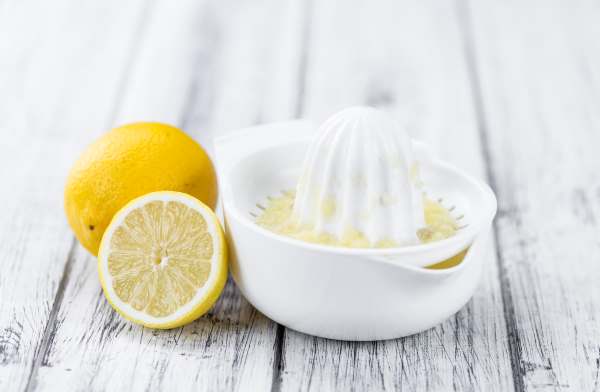
Lemon juice can and will go bad, particularly if not stored in the fridge or freezer. Bacteria, mold and yeast can grow, and you can potentially get food poisoning if you consume old lemon juice.
- Check the color. Lemon juice that is turning or has turned will become darker.
- Smell the juice. If you detect any smells other than fresh lemon, throw it out.
- Take a tiny sip. Again, if there are any odd flavors in there other than the familiar lemon taste, better to discard it. Spoiled juice may also lose any inherent flavor – so if your juice is strangely tasteless, it’s probably past its prime.
How To Tell If A Lemon Is Bad
While washing your produce can remove dirt and may reduce pesticide exposure, bacteria are a constant we all deal with. Both lemons and lemon juice can go bad, growing bacteria and making you sick if consumed.
A fresh lemon should be firm to the touch and have a uniform, bright yellow or greenish skin. With the whole fruit, it’s easy to tell when a lemon is past its prime.
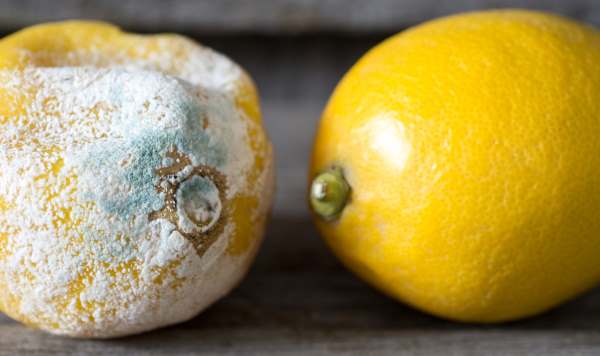
Unlike some food items, because of the high moisture content, mold can spread a lot further than you anticipate, and you may not always be able to detect it. If part of your lemon is moldy, it’s better to discard the entire fruit.
- Look at the lemon. Any discoloration, particularly white or black areas are likely to be mold growing. In the initial stages, mold is white. Brown spots also indicate the lemon is going bad. If you see any mushy, slimy areas, or there is juice oozing out, the lemon is no longer good.
- Gently squeeze the lemon. If you detect any soft spots underneath the skin, it’s probably started to turn.
How To Store Lemons And Lemon Juice
Whole or cut lemons will last the longest when correctly stored in the fridge or freezer. Simply wash whole lemons (unpeeled), in a mixture of water and white vinegar; dry them; place them in a freezer bag; push the air out and tightly seal it.
When you need a lemon, remove it from the bag and allow it to thaw naturally, or place it in cold water for eight to ten minutes.
Frozen whole lemons will be soft once thawed. While they work very well for lemon water, if you want lemon wedges, you’ll need fresh lemons.
If you have already cut your lemons, store the pieces in a sealed container in the fridge or freezer, depending on how soon you plan on using them.
Storing lemon juice will save you some space.
We recommend using ice cube trays or ice molds, plastic containers or clear glass jars. Allow enough room for expansion so the container doesn’t break or blow the lid.
Ice cubes are the optimum choice, as more likely than not, you’ll only need to use small amounts of lemon juice at a time. Stored in ice cubes, you can defrost one cube at a time. Once frozen, you can transfer the cubes to a sealed plastic bag and remove as needed.
Commercially packaged lemon juice or lemonade can be stored in a cool, dark place – your pantry is ideal – before opening. However, once you’ve cracked open the package or bottle, it should go into the fridge and remain tightly sealed.
Lemons are high in Vitamin C, but this does break down quickly. If you’re after a bit of an immune boost from this fruit, consume it as fresh as possible.


